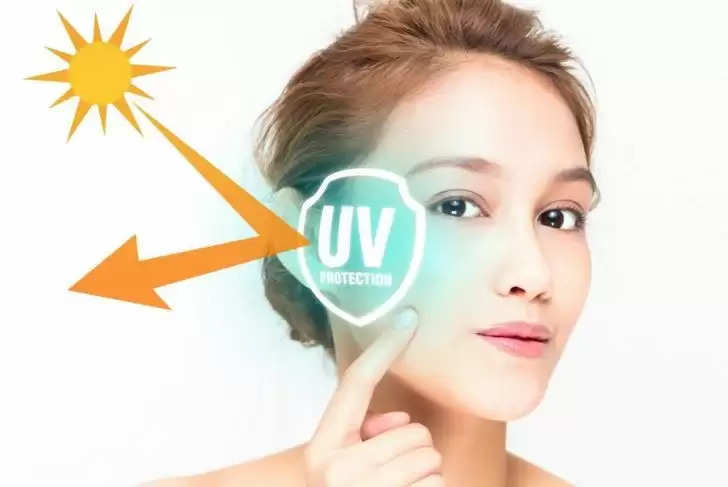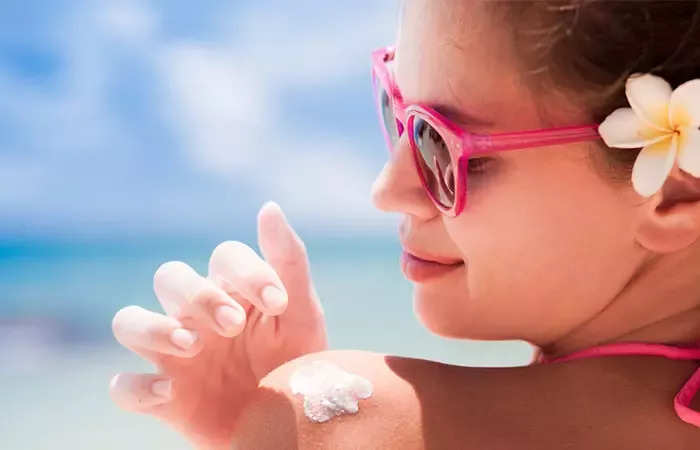5 Tips for Protecting Your Eyes from the Sun's Harmful Rays - Safeguarding Your Vision with Proper Eye Sun Protection
Harmful UV rays can be a factor in several eye diseases. So, if you're wondering how to protect your eyes from sunlight, follow these 5 tips.

When it comes to protecting our skin from the sun's harmful UV rays, our options are almost endless, from sunscreens in water-resistant, sweatproof, anti-aging lotions to sprays or sticks with up to 100 SPF. Unfortunately, sunscreen is not designed to protect our eyes. At least not yet! If you are not aware, let us tell you that protecting your eyes is just as important as protecting your skin from the sun's ultraviolet rays. Harmful UV rays can lead to a variety of issues including skin cancer around the eyes and pink eye. They can cause cataracts, photokeratitis (a type of corneal sunburn) and pterygium (a white or creamy fleshy growth on the surface of the eye). So, now the question is how to protect eyes from sunlight.

How to protect your eyes from dangerous UV rays?
Although vitamin D is the most important nutrient we get from sunlight, exposure to the sun can cause skin burns. Unlike skin, UV rays penetrate eye tissues more easily than visible light, thereby increasing the risk of eye disorders. We are here to provide you with safety tips to preserve your vision and prevent further eye problems.

1. Wear the right lenses and frames
Don't skimp when buying sunglasses. To reduce glare from protective surfaces, choose high-quality sunglasses that block 100 percent of UVA and UVB rays. In addition to blocking UV rays, sunglasses should also leave colors intact, feel comfortable on your face, and have unbreakable lenses to protect your eyes from injury.
2. Understand that bigger is better
While UV rays are emitted directly by the sun, they can also be reflected back to our eyes by land, lakes or oceans, snow, sand, or other bright surfaces. Although most sunglasses can help prevent UV rays from entering the glasses, many frame models do not protect the sides, top, or bottom of the glasses from the sun's rays. When shopping for sunglasses, keep in mind that larger lenses provide more coverage for the eye and allow less unfiltered light.
3. Know when the sun is strongest
The most UV radiation exposure to the eyes and skin occurs in the morning and mid-afternoon, not in the afternoon. Sun damage to the eyes is more severe in fall, winter, and spring because the sun is lower in the sky. Even on extreme winter days, wear sunglasses every time you leave the house. After all, clouds only evaporate water, and water is UV-transparent.
4. Wear the right contacts
Your regular prescription glasses and contact lenses/contacts should also be made of materials and coatings that handle UVA and UVB rays. UV-protective contacts are divided into two categories; Class I and Class II. Class I UV-B oc curs offer the most UV protection. Consult your eye care provider to determine the best UV-blocking contact lens choices for you.
